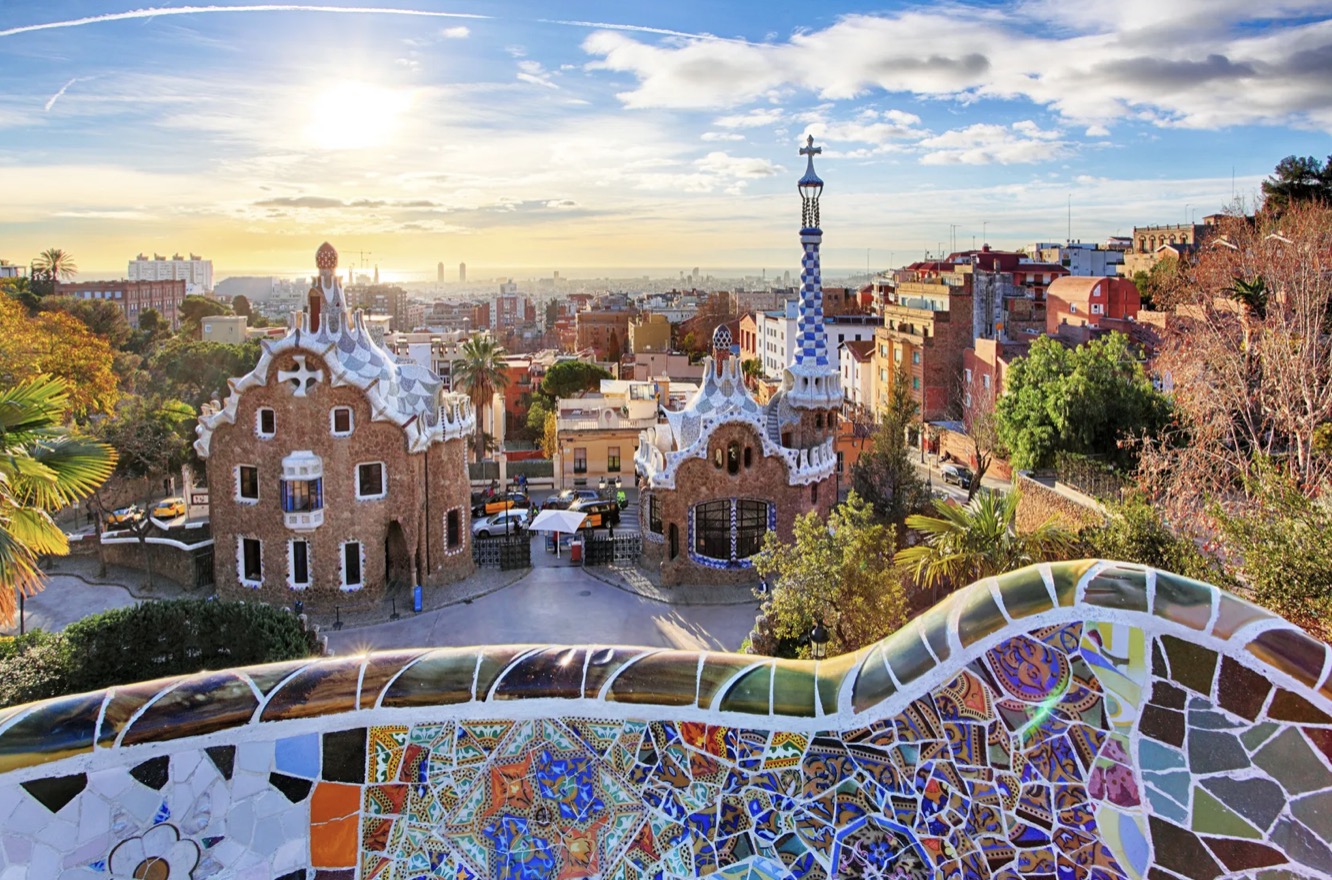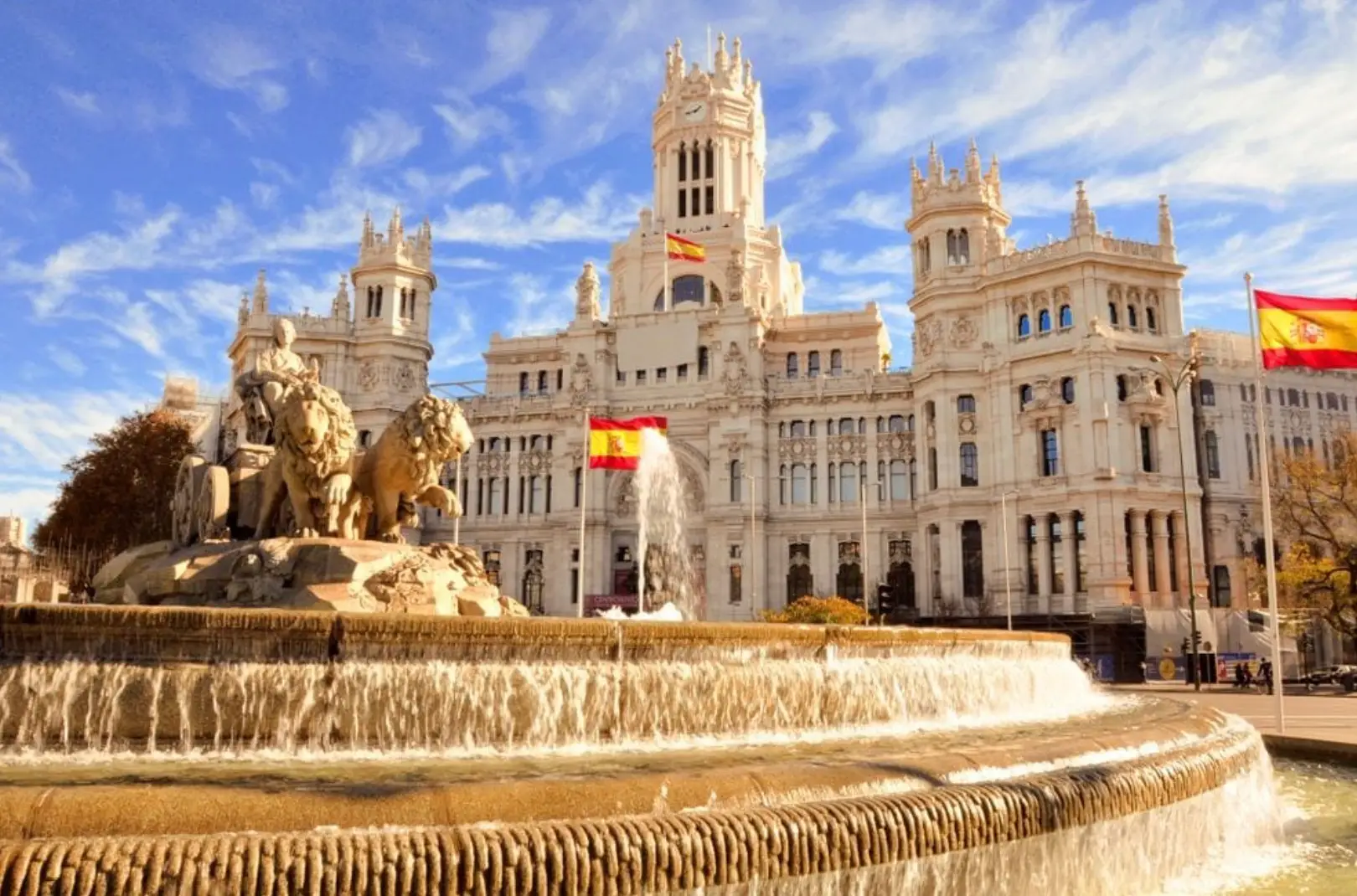Education system in Greece
Education in Greece is available to foreigners who reside in the state legally. Children are enrolled in educational institutions on the basis of a residence permit held by their parents. Primary and secondary education in Greece is compulsory and also free at the level of public institutions. There are private institutions in the country where you can study on a commercial basis.
Applicants entering Greek universities register a student residence permit, which allows them to subsequently obtain permanent resident status, and eventually citizenship. In addition to obtaining a European diploma, graduates can also apply for a Greek passport in the future.
Education system in Greece: features
In Greece, the education system is divided into 3 levels – primary, secondary and higher. Compulsory education is provided to children aged 4 to 15 years. The child attends kindergarten for 2 years, goes to primary school for 6 years, and goes to secondary school for another 3 years. The entire period of study can be divided into the following categories of education:
• initial;
• average;
• professional;
• higher.
According to the ranking of countries in the world by the educational level index, Greece ranks 8th, which indicates the quality of education and its accessibility to the population.
Preschool education
Children of foreigners who have received a residence permit in Greece, including on the basis of humanitarian reasons, that is, refugees, have the right to preschool education. You can send your child to kindergarten from the age of 2.5 years. For children, compulsory attendance at preschool institutions begins at age 4. You can register your child at the place of residence of the parents.
To register for kindergarten, you will need an application, a certificate of residence, as well as a “health card”, which indicates all the vaccinations received. State preschool institutions are free, private ones set their own fees – it can reach 1000 EUR per month. In addition, in Greece there are commercial kindergartens, as well as schools specifically for immigrants, where education takes place not only in the state language, but also in Russian.
School education
Schools in Greece accept students from 6 years old. If foreign parents bring their child to an educational institution at an older age, they will need to present a certificate of where the child was raised before. You can send your children to school at your place of residence. Foreigners can attend classes together with Greeks or be enrolled in reception classes, where additional support from teachers is provided for understanding the Greek language. Primary education provides education for children for 6 years.
Upon admission to the school, the directorate of the institution will ask parents to provide their residence permit card, a medical certificate about the child’s vaccinations, and confirmation of place of residence. Among the features of the system is the presence of vocational schools with inclusive education for children with disabilities. Admission to such an institution is possible on the basis of a certificate issued by the Center for Differential Diagnosis, Diagnosis and Support of Special Educational Needs (KEDDY). School education can be paid or free, depending on the form of ownership of the institution.
Secondary education
In Greece, secondary education is divided into two categories: three-year compulsory, which is considered incomplete, and optional, which also lasts 3 years and corresponds to vocational education. After graduating from primary school, the child is automatically enrolled in secondary school. For foreign children who have completed the first three grades in their country, admission is based on a certificate of existing basic training. Lessons can take place both during the day and in the evening.
The Greek education system includes Second Chance Schools (SDE), where individuals aged 18 and over who have not completed the compulsory 9th grade can receive education. The basis for admission is a certificate of completion of the first three years of study.
Professional education
Along with the Greeks, the country provides post-secondary and secondary vocational education for foreigners. The duration of the first is 3 years, it corresponds to high school education.
After 9th grade, graduates can also choose the method of education that is suitable for them in the future. Children have the opportunity to go to a specialized training institute, which in other countries is called a college, in order to obtain a certain profession: junior medical personnel, food service worker, etc. Vocational education is not compulsory, so colleges in Greece are paid. The cost depends on the institution.
Higher education
In Greece, higher public education, including for Russian students and other foreigners, is accessible and free, just like for citizens of the country. Admission to a university is based on a confirmed school certificate.
Applicants do not take exams; their candidatures are reviewed by the university administration based on grades and personal characteristics. An important condition for foreigners is knowledge of the Greek language (at least B2 level), which is the language used in the learning process at higher institutions. Having an appropriate certificate is a plus, but if the applicant does not know the language, he is given a year to study, which will take place in parallel with the main educational process at the university. The exam is taken at the universities of Athens, Thessaloniki or the Greek Language Center. And although the country provides free higher education, you must pay for language courses.
Cost of studying in Greece
According to the Law on Education, Greece provides for free education in public institutions of all levels of accreditation. Exceptions include vocational schools, where enrollment is not mandatory. College education is optional; the cost depends on the institution. There are also private educational institutions in the country: kindergartens, schools, universities, the cost of education in which is determined by the administration of these institutions. Prices start from 300 EUR per month and above.
Free training for foreigners
Foreigners, along with Greeks, receive free education. Private kindergartens and schools can charge fees. As for Greek universities, the admission conditions for all applicants, local or visiting, are the same. Studying in Greece is more expensive for immigrants in the sense that they will need financial resources for relocation, accommodation, and language courses. Universities also provide an entrance fee of up to 800 EUR. Some universities require additional payment for textbooks, methodological aids, and more.





